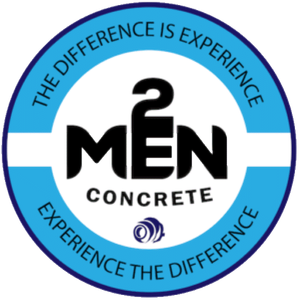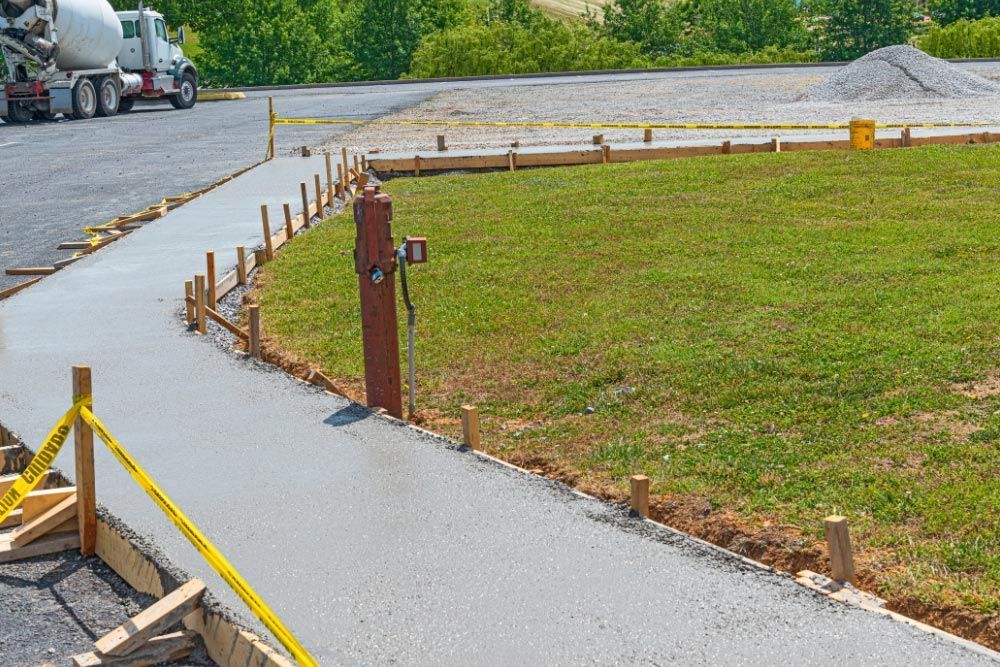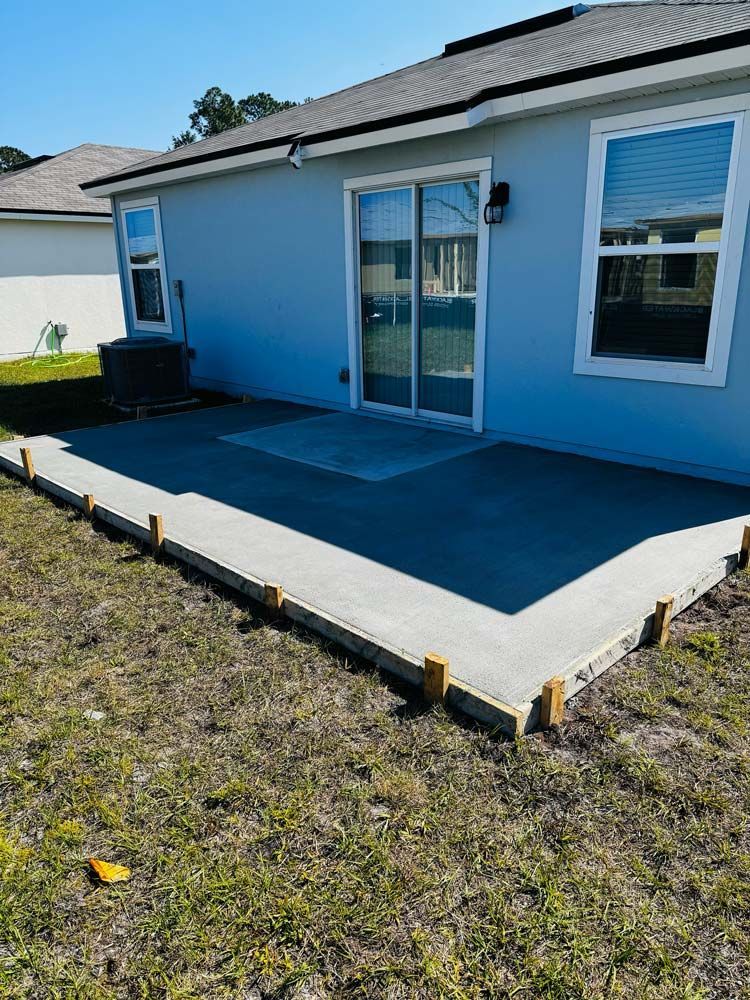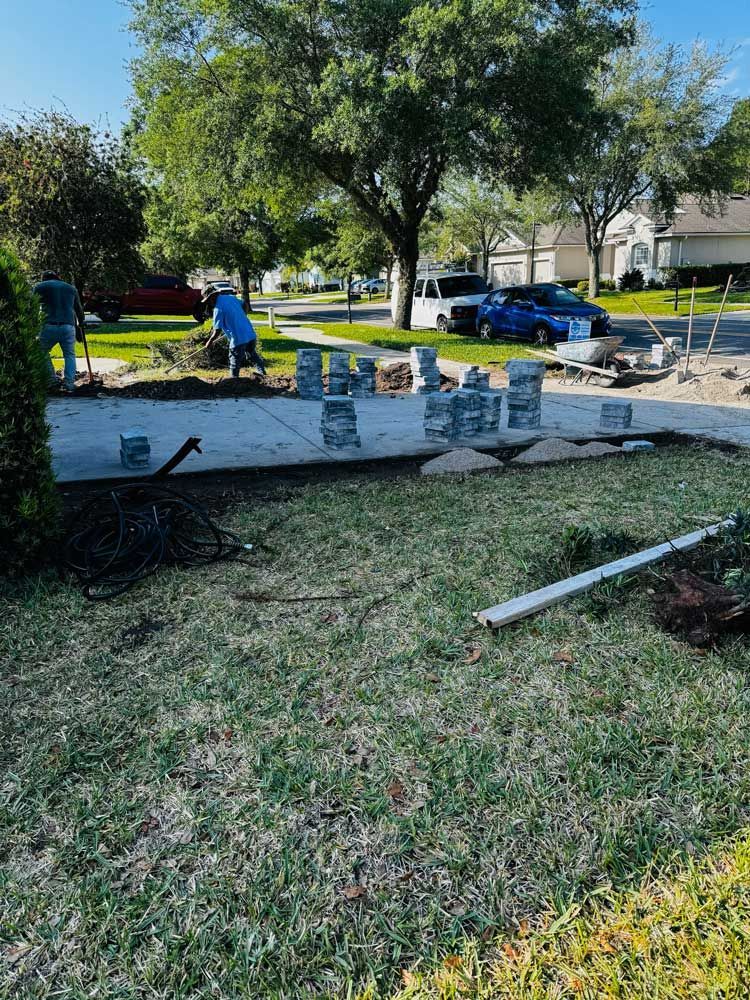How Much is a Concrete Driveway in 2025?
A concrete driveway is more than just a path to your garage, it’s a long-term investment in your home’s curb appeal, daily convenience, and property value. Unlike gravel or asphalt, concrete offers exceptional durability, low maintenance, and a clean, modern appearance that can last 25–40 years with proper care.
In 2025, installing or replacing a concrete driveway comes with a range of costs depending on factors like size, thickness, reinforcement, design complexity, and finish type. On average, homeowners can expect to pay anywhere from a few thousand dollars for a standard, plain driveway to significantly more for decorative stamped or stained designs.
In this complete guide, we’ll cover average concrete driveway prices, the key factors that impact costs, popular finish options, and expert tips to save money without compromising quality or durability. Whether you’re hiring a concrete contractor or considering partial DIY work, understanding the numbers will help you plan with confidence.
Average Concrete Driveway Cost in 2025
In 2025, the average concrete driveway cost ranges from $4 to $15 per square foot, depending on the driveway’s style, thickness, reinforcement, and local labor rates. Standard, plain concrete tends to be at the lower end of the range, while decorative finishes such as stamped, stained, or exposed aggregate push costs toward the higher end.
| Driveway Size | Square Footage | Average Cost Range |
|---|---|---|
| Small (10x20 ft) | 200 sq. ft. | $800 – $3,000 |
| Medium (20x20 ft) | 400 sq. ft. | $1,600 – $6,000 |
| Large (20x40 ft) | 800 sq. ft. | $3,200 – $12,000 |
Tip: Prices can be higher in urban areas due to increased labor costs and permitting fees.
Factors That Affect Concrete Driveway Cost
Several variables influence your total project cost:
- Driveway Size – Larger surfaces require more materials and labor.
- Concrete Finish Type – Decorative options like stamped or colored finishes increase the price.
- Thickness & Reinforcement – Standard driveways use 4-inch slabs, but 6-inch slabs with rebar or mesh are more durable.
- Site Preparation – Costs rise if the area needs grading, excavation, or old driveway removal.
- Local Labor Rates & Permits – Prices vary widely by region and local regulations.
According to the National Ready Mixed Concrete Association, concrete’s durability and low maintenance make it a cost-effective driveway choice over time.
Concrete Driveway Cost by Type
The type of concrete finish you choose will have one of the biggest impacts on the overall cost of your driveway.
| Type | Average Cost (per sq. ft.) | Details |
|---|---|---|
| Plain Concrete | $4 – $8 | A smooth, simple, and cost-effective choice. Ideal for homeowners seeking functionality and durability without extra design elements. |
| Stamped Concrete | $8 – $15 | Textured and patterned to mimic high-end materials like stone, brick, or tile. Popular for upscale curb appeal but requires more labor and skill. |
| Colored Concrete | $6 – $12 | Uses custom pigments mixed into or applied to the surface for a decorative look. Offers endless design possibilities to match your home’s exterior. |
| Exposed Aggregate | $7 – $14 | Decorative finish where the top layer of cement paste is removed to reveal embedded stones or gravel, creating a textured, slip-resistant surface. |
Additional Costs to Consider
When calculating concrete driveway cost, remember to include potential extras:
- Sealing & Finishing: $0.50 – $2 per sq. ft. every 3–5 years.
- Drainage Solutions: $500 – $2,500 depending on slope and water management needs.
- Heated Driveway Systems: $12 – $25 per sq. ft. for snow-melt convenience.
- Decorative Borders or Patterns: $5 – $10 per linear foot.
Concrete Driveway Installation Process
A concrete driveway is built in a few main steps, and each step affects the total cost, especially if extra labor or heavy equipment is required.
- Site Preparation – The area is cleared of grass, plants, or any old driveway material. The ground is leveled and graded so water drains away from the house. If demolition is needed, costs will be higher.
- Base Installation – A layer of gravel or crushed stone is spread out and compacted. This base gives the driveway strength and helps prevent cracks over time.
- Pouring & Leveling – Fresh concrete is poured, spread evenly, and smoothed with tools to create a flat, even surface. The slope is set to guide water off the driveway.
- Finishing & Curing – Any decorative touches, such as stamping or coloring, are added. The concrete is then left to cure for about 7–10 days before it can handle regular use.
- Sealing – A sealant can be applied to protect the surface from stains, weather damage, and wear. This helps the driveway last longer and keep its appearance.
Cost-Saving Tips for Homeowners
Installing a concrete driveway doesn’t have to drain your budget. With careful planning and smart decisions, you can lower costs without sacrificing quality. Here are some proven strategies:
- Get Multiple Quotes: Always compare at least three estimates from licensed contractors. This helps you spot overpriced bids and negotiate better rates.
- Opt for a Simple Finish: Decorative finishes like stamped or colored concrete add beauty, but they can also raise costs by 30–50%. A smooth or broom-finish driveway is functional, attractive, and affordable.
- Install During the Off-Season: Spring and fall are busy times for concrete work. Scheduling your project in late fall or early winter (in mild climates) may help you secure lower labor rates.
- Handle Minor Prep Work Yourself: If possible, clear vegetation, remove small debris, or break up an old asphalt driveway before the crew arrives. Reducing labor hours can cut your total bill.
- Choose the Right Thickness: A 4-inch slab is sufficient for most residential driveways. Upgrading to 6 inches is only necessary for heavy vehicle loads, which can add significant costs.
- Combine Projects: If you’re also adding a walkway, patio, or garage slab, combining jobs can reduce equipment mobilization fees and labor costs.
- Maintain Your Driveway: Sealing your driveway every few years and repairing cracks promptly can extend its lifespan and delay costly replacements.
Concrete Driveway Lifespan & Maintenance
A concrete driveway can last 30 to 40 years if it’s installed correctly and taken care of. With extra care, it may last even longer.
How to Keep It in Good Shape
- Clean regularly – Wash away dirt, leaves, and oil stains at least twice a year.
- Seal every 3–5 years – Helps protect against water, stains, and weather damage.
- Fix cracks quickly – Small cracks can grow if not repaired.
- Avoid harsh deicers – Use sand for traction instead of salt in winter.
- Watch heavy loads – Repeatedly parking large trucks or RVs can cause damage.
When to Replace or Resurface
- Large or spreading cracks.
- Flaking or crumbling concrete.
- Water pooling or drainage problems.
- Widespread damage that can’t be patched.
DIY vs. Professional Installation: Cost & Quality Comparison
| Feature | DIY Installation | Professional Installation |
|---|---|---|
| Upfront Cost | Lower (no labor fees) | Higher (labor charges included) |
| Tools Needed | Mixer, screeds, floats, wheelbarrows, etc. | Provided by contractor |
| Skill Level | Requires concrete experience | Skilled, experienced crew |
| Time Required | Longer – depends on your availability | Faster & completed in scheduled timeframe |
| Quality & Durability | May be uneven or prone to early cracks | Proper grading, reinforcement, and finishing |
| Permits & Prep | Homeowner handles everything | Contractor manages permits and site prep |
| Best For | Small or simple projects | Full driveways, decorative or complex finishes |
Understanding concrete driveway costs in 2025 helps you plan smarter and avoid unexpected expenses. Whether you’re replacing an old surface or installing a brand-new one, choosing the right materials, thickness, and finish can give you decades of durability and curb appeal. Get personalized quotes from licensed contractors in your area today to compare prices and find the best value for your budget.
Frequently Asked Questions
How much is a 20x20 concrete driveway?
A 20x20 concrete driveway (about 400 sq. ft.) typically costs $1,600 to $6,000 in 2025. Price depends on slab thickness, finish type, and labor rates. Decorative options like stamped or colored concrete can push costs higher, while basic finishes are more affordable.
How much does a 1,000 sq. ft. concrete driveway cost?
A 1,000 sq. ft. driveway usually ranges from $4,000 to $15,000. The cost varies based on finish, reinforcement, site preparation, and local labor rates. Premium decorative designs will be at the higher end of the range.
How do you calculate the cost of a concrete driveway?
Measure the length and width to get square footage, then multiply by the local cost per sq. ft. ($4–$15 in 2025). Add in any extra charges for site prep, reinforcement, decorative finishes, or sealing to get a complete estimate.
Is it cheaper to concrete or pave a driveway?
Asphalt costs less upfront ($3–$8 per sq. ft.) compared to concrete ($4–$15 per sq. ft.), but concrete lasts longer 30–40 years vs. 15–20 for asphalt, making it more cost-effective over time with lower maintenance needs.
What’s the cheapest type of concrete driveway in 2025?
In 2025, the cheapest type of concrete driveway is plain, broom-finished concrete, costing around $4–$8 per square foot. It’s simple, functional, and durable without extra decorative finishes like stamping or coloring. Choosing a standard 4-inch slab with minimal site preparation and no reinforcement upgrades will keep your total cost low while still giving you a long-lasting surface.
How long before you can drive on a new concrete driveway?
Most new concrete driveways need at least 7 days of curing before they can handle regular vehicle traffic. Light foot traffic is typically safe after 24–48 hours, but driving too soon can cause cracks or surface damage. For maximum strength and durability, many contractors recommend waiting the full 28 days for the concrete to fully cure before parking heavy vehicles.



